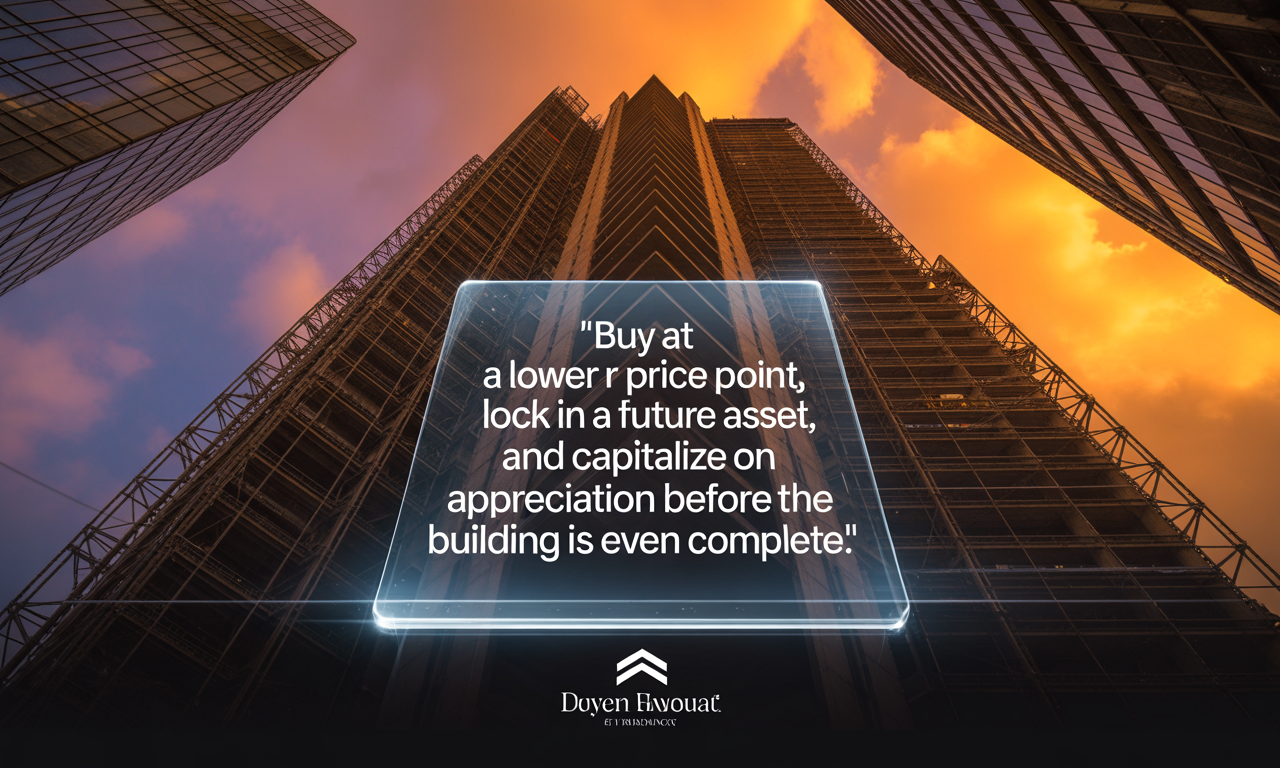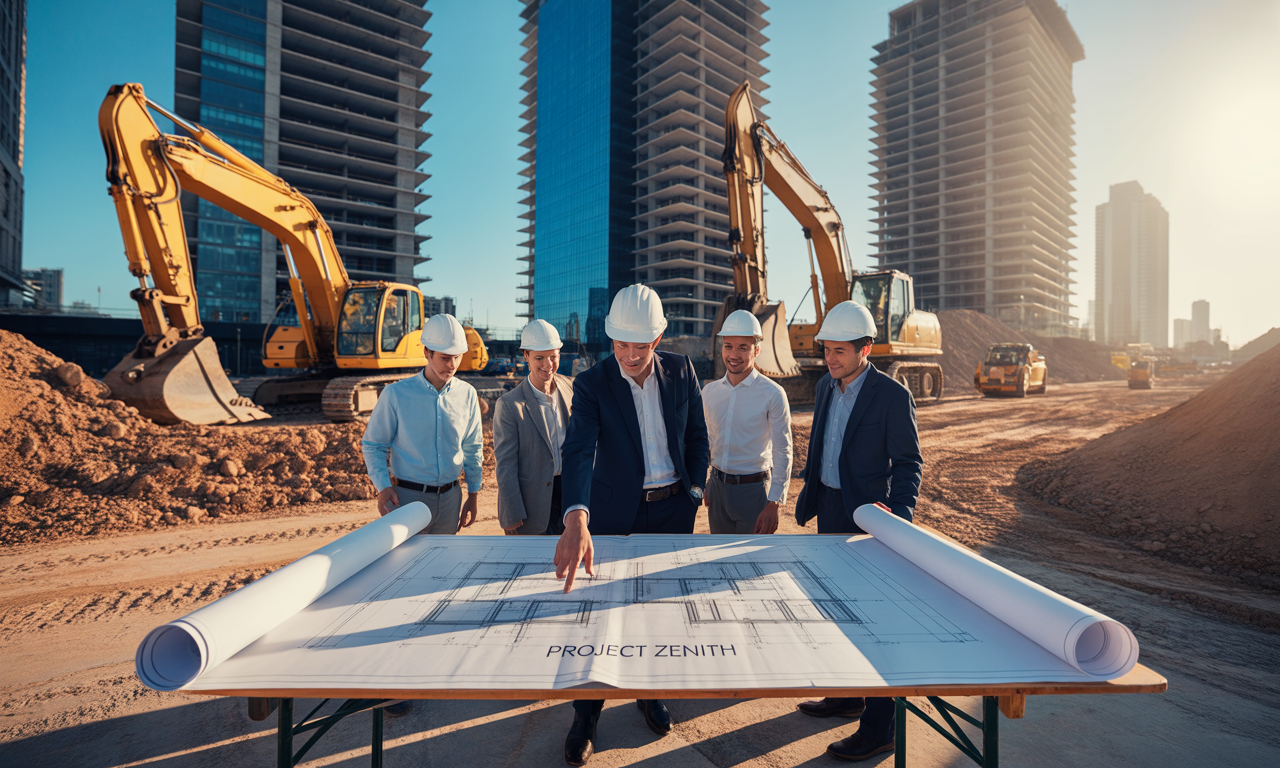The promise of pre-construction investing is compelling: buy at a lower price point, lock in a future asset, and capitalize on appreciation before the building is even complete. But in a fast-growing market like the Riviera Maya, this strategy comes with significant risk. Your investment is only as solid as the developer behind the project. Here is our essential checklist for vetting a developer to avoid a money pit.
Invest in Paradise—With the Numbers to Back It Up
Download the Riviera Maya Investor Guide with ROI & occupancy benchmarks, neighborhood cheat-sheets for Cancún, Playa del Carmen, Tulum, Puerto Morelos, Puerto Aventuras, tax/ownership essentials, and a ready-to-use property selection checklist and more!
1. The Track Record: Look at Their Past, Not Just Their Promises
The single most important factor is a developer’s track record. A glossy brochure is not enough. You need to see tangible, completed projects.
Actionable Advice.
Ask for a list of their past developments. Visit these completed projects. Are they well-maintained? Are the common areas up to standard? Speak to residents or owners there if possible. A developer who is proud of their past work will be happy to show it off.
2. The Paperwork: Demand Legality and Transparency
In Mexico, a reputable developer will have all their ducks in a row. This is where your lawyer and notary become your best friends.
Actionable Advice.
Your lawyer must verify that the developer has all the necessary permits and licenses, including the “licencia de construcción” (construction license) and “uso de suelo” (land use permit). If they do not, walk away immediately. Additionally, a clear and comprehensive trust agreement with the bank (fideicomiso) should be in place to protect buyer funds.

3. The Financials: Assess Their Stability
A developer’s financial stability is crucial. The last thing you want is a project that stalls midway due to a lack of funding.
Actionable Advice.
Ask for a guarantee that the property will be finished. Some developers offer bank guarantees (fideicomisos de garantía) which provide a layer of protection by ensuring that your funds are held in a trust and released only as construction milestones are met. Your lawyer should also be able to do some basic checks on the company’s legal and financial standing.
4. The Contract: Read the Fine Print
Pre-construction contracts are notoriously complex. Don’t sign until you fully understand the terms.
Actionable Advice.
Pay close attention to the delivery date and the penalties for delays. Is there a clear, legally binding clause for what happens if the project is not delivered on time? Also, scrutinize the payment schedule. Does it align with construction progress, or does it demand a large percentage of the payment upfront?
5. The Team: Meet the People Behind the Project
Who is the architect? The contractor? The sales team? A strong team indicates a well-run operation.
Actionable Advice.
Ask for a list of their partners and key personnel. Do they have a good reputation? The architect’s portfolio should be impressive, and the sales team should be knowledgeable and transparent. A red flag is a sales team that is overly aggressive or can’t answer your basic questions about the project’s details or legal status.
Pre-construction is an incredible opportunity, but it’s an opportunity that must be approached with caution and due diligence. By following this checklist and relying on experienced local professionals, you can turn a risky proposition into a smart, profitable investment.

Our core differentiator is our unwavering, exclusive buyer advocacy.
We work for YOU, the investor, not for any broker or developer.
